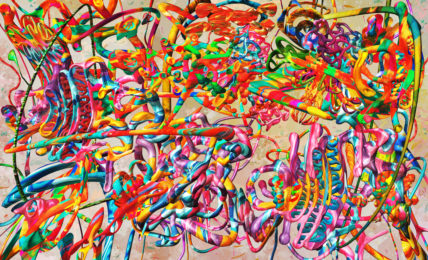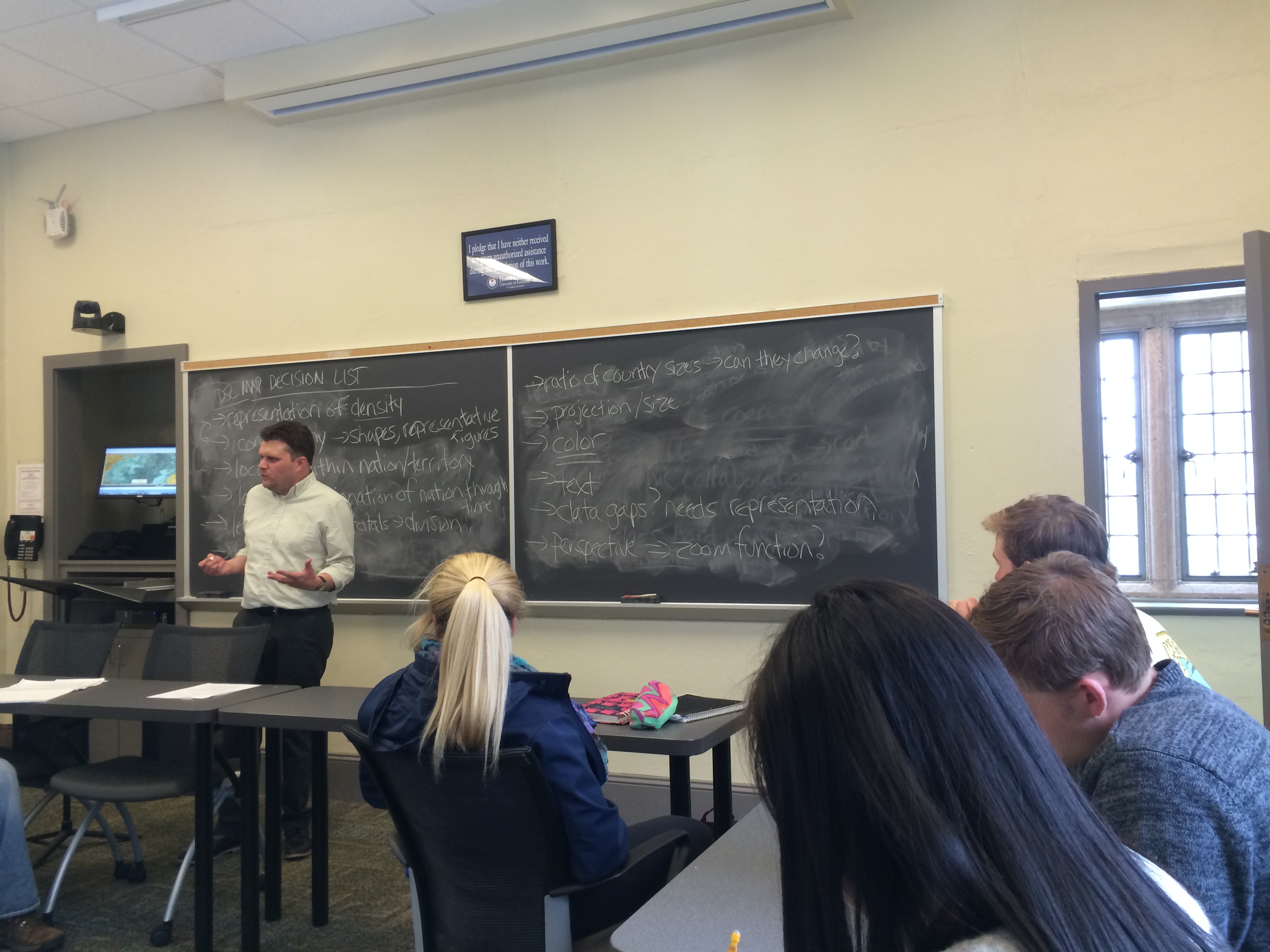“After being kicked out of the protected and often protectionist arena of national culture, discarded from commercial circulation, these works have become travelers in a digital no-man’s land, constantly shifting their resolution and format, speed and media, sometimes even losing names and credits along the way.”
— Hito Stereyl, In Defense of the Poor Image
I open here where Karissa Hahn closes.
We exist in a confluence of the digital and analog worlds. Ours is the generation that grew up recording TV shows on VCRs and ended up streaming those shows on Netflix. Ours is the generation whose childhood photos came from disposable cameras, photos that are now transferred to “the cloud” and posted to our Instagram accounts every #throwbackthursday. Ours is the generation that left the movie theater behind and fell in love with the torrent.
This is the confluence from which Hahn’s work emerges.
There is something comforting about the opening to REGAL, the warm, imperfect fuzziness of a projected film. It lulls you into a sort of sentimental, nostalgic trance, remembering a dream of filmgoing that isn’t quite the same anymore.
For a moment, all you hear is that voice, echoing resoundingly through the theater, telling you that smoking is not permitted, directing you to the exits.
For a moment, all you can smell is the popcorn. All you can feel is the joy of that communal experience, sharing art with others, laughing together, screaming together, crying together. All you can remember is the catharsis.
And then the screen buffers.
It’s a jarring moment, a visual manifestation of this unholy matrimony of the digital and the analog, a reflection that everything we had, that filmgoing experience, isn’t the same. And it never will be.
It’s a reminder that we don’t buy our tickets and our popcorn anymore; we download and stream. We don’t share moments anymore. We don’t share catharsis. We don’t share laughter, or fear, or tears. We keep it all to ourselves, locked away in our darkened rooms, loving the poor image.
REGAL closes with Stereyl’s quote. It was informed by Stereyl’s quote. But at its core, it complicates Stereyl’s quote.
The vision I have described of the theater, as Stereyl would suggest, is a “nostalgic delusion.” And of course she’s right. Nothing ever was what we thought it was. The ideal wasn’t ideal when it was reality, and it’s not ideal now, either. We want so much of what we’ve lost because we’ve forgotten what it was like to have it, because we can’t understand what it would mean to have it back. That much is true. The cinema has never been the idyllic wonderland that some of us might fondly recall. But it’s also not an inherently bad place. Nor is the consumption of film an inherently bad thing.
We are making a mistake if think we can honor the poor image as a disruptive weapon of anti-capitalist subversion. Because not only are we losing the sense of togetherness that film once promoted — and that any viable movement relies upon — but we’re losing the values that good film taught us to uphold. We’re losing the sort of economic, social, political critique promoted in film that inspires works like Stereyl’s and Hahn’s. We’re losing an art form that can simultaneously ask us to consume while condemning consumption.
Yes, there’s a contradiction in that. But we’re familiar with contradiction, aren’t we? Our lives revolve around another medium that pushes us to consume — endlessly consuming — while providing us with the opportunity to access and disseminate messages that critique consumption: the Internet, the current resting place of so many poor images.
In eschewing the consumption of the theater, we have unwittingly embraced the consumption of the digital. We aren’t winning any war. We aren’t subverting anything. We’re giving in, ceding control to the market, which pulls us in its own direction, toward the darkened room, watching the poor image, alone.
You can’t fight alone. And you certainly can’t fight consumption if you’re unaware of the ways in which you consume.
The cinema was always the easy target, and in the confluence from which we emerged, it seemed inevitable that only one side would win. The Internet won. The theater limps on, sustained only by big-budget productions, while independent film faces an uncertain future.
We exist not merely in a confluence, but in a contradiction. In fighting consumption, we so often necessarily consume.
So perhaps we cannot dwell in absolutes. Perhaps we must in our own lives embrace a confluence. Perhaps we must pave a path, not in one direction or the other, but somewhere down the middle. Perhaps we must consciously embrace the contradiction and wield it as a means to a powerful and subversive end.
I do not pretend to have all the answers, and I would never presume that my own allegiance to cinema is inherently correct. Perhaps we should celebrate the slow death of the theater. Perhaps not. But if there is something that we must never celebrate, it is the poor image. We must remember that the poor image will never empower us, that the Internet isn’t a democratic nirvana, that we’re still slipping slowly backwards, living in an illusion, a half-formed dream of progress.
Perhaps film cannot effect the change we seek, but neither will the poor image. Neither will the Internet.
If this doesn’t exactly paint a picture-perfect map of where we need to go from here, that’s intentional. Like all of us, I am still just learning to navigate this grand confluence, this contradiction. I’m still just feeling my way through the darkness, guided by the light of my phone.
I end here where Karissa Hahn opens: With little more than a fuzzy picture.
Maybe it will get us where we need to go.
:::
View Karissa Hahn’s REGAL here.



